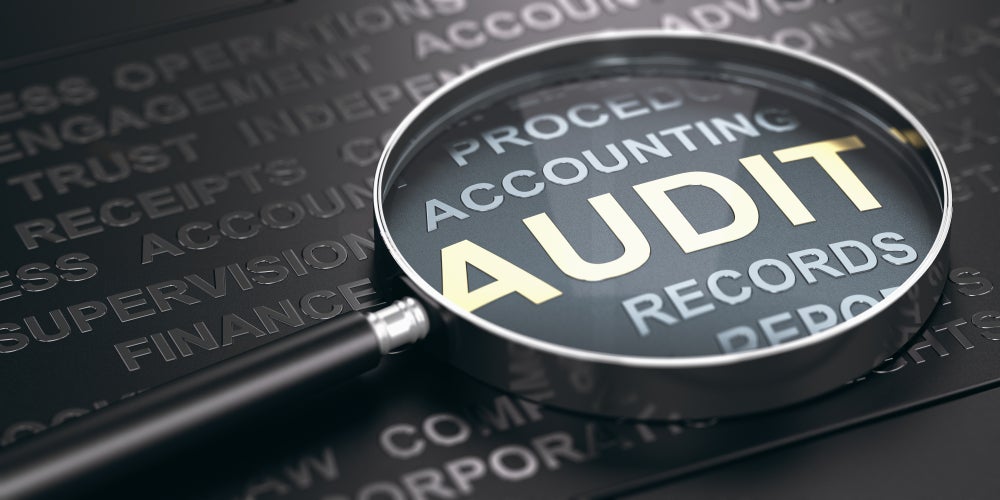The Committee on Economic and Monetary Affairs (ECON) of the European Parliament (EP) voted yesterday the text of an own-initiative draft report (INI) which highlights several shortcomings observed in EU standard-setting activities.
The INI draft report, whose rapporteur is Theodor Dumitru Stolojan, tackles IAS and the evaluation and activity of the IFRS Foundation, EFRAG and the PIOB [Public Interest Oversight Body].
Although not legally binding, the final version of the INI report will reflect the EPs’ position on these issues and will be used as guidance and reference in any future EU law-making process.
The EP’s political groups agreed yesterday at the ECON the version that will be possibly voted in a plenary session in May.
A draft document, seen by The Accountant, reflects the compromises agreed yesterday between the MEPs who are part of ECON, which shows considerable shortcomings — particularly in the way the EP is involved in the accounting standard-setting process.
Sven Giegold, financial and economic policy spokesperson of the Greens/EFA group and shadow rapporteur, said in a statement:
How well do you really know your competitors?
Access the most comprehensive Company Profiles on the market, powered by GlobalData. Save hours of research. Gain competitive edge.

Thank you!
Your download email will arrive shortly
Not ready to buy yet? Download a free sample
We are confident about the unique quality of our Company Profiles. However, we want you to make the most beneficial decision for your business, so we offer a free sample that you can download by submitting the below form
By GlobalData"The message of the MEPs is clear: We are not just letting others decide on new standards. The European Parliament needs to be included when new standards are negotiated.
"Since the EU funds 14% of IASB’s budget and 60% of EFRAG, both organisations have to follow European standards of democratic legitimacy, transparency, accountability and integrity."
Highlights of MEPs compromises
On the activities of the IFRS Foundation, EFRAG and the PIOB, MEPs drafted the following compromises:
- Further progress regarding the governance of the IFRS Foundation and the IASB: notably in terms of transparency, prevention of conflicts of interest and diversity of hired experts;
- Better integration of the IASB into the system of international financial institutions; ensure a broad representations of interests; as well as public accountability ensuring high quality accounting standards;
- Dominance of private actors in the IASB and medium-sized businesses not represented at all;
- IFRS Foundation continues to rely on voluntary contributions, often from the private sector which may give rise to a risk of conflicts of interests;
- The European Commission should urge the IFRS Foundation to aim for a more diversified and balanced financing structure also based on fees and public sources;
- Recall requests made in the Goulard report: enhancing democratic legitimacy, transparency, accountability and integrity which, inter alia, concern public access to documents, open dialogue with diverse stakeholders, the establishment of mandatory transparency registers and rules on transparency of lobby meetings as well as internal rules, in particular prevention of conflict of interests.
- The EC should speed up the recruitment process of EFRAG Board President, fully taking into account the role of the Parliament and of its Committee on Economic and Monetary Affairs;
Commenting on these governance issues Giegold added:
"Accounting standards are a public good. Standard setting expert bodies therefore must not only include former bankers and accountants but also small and medium sized enterprises, consumer protection agencies and finance ministries. The representation of women has to be raised."
The draft document also includes calls for a compromise on the EC to consider turning EFRAG into a public agency in the long run.
An EU source, who preferred not to be named, told The Accountant that other MEPs have proposed that the IFRS Foundation and EFRAG should become international agencies (instead of private organisations).
The same source said it is understood that the rapporteur of the INI, Theodor Dumitru Stolojan, supports enhancing transparency and accountability in accounting standard-setting.
However he is not "as aggressive" as other MEPs, and prefers to maintain a more moderate approach when it comes to the governance reform of those organisations.






